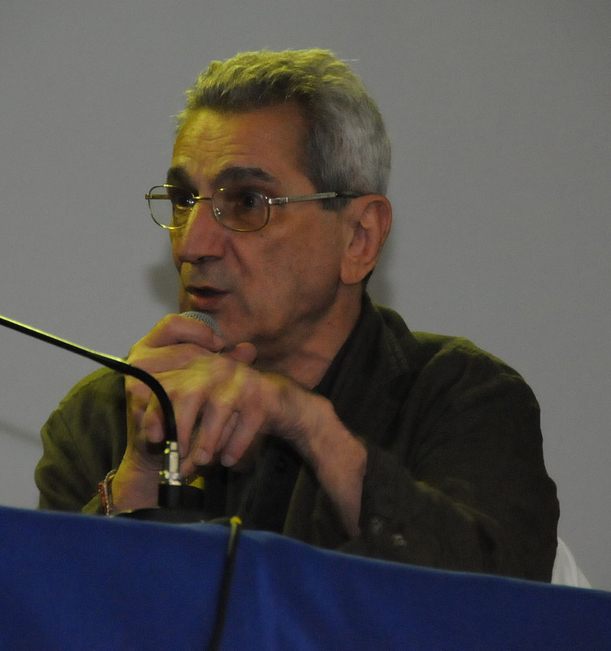Antonio Negri: Frases en inglés
109
Multitude: War and Democracy in the Age of Empire
127
Multitude: War and Democracy in the Age of Empire
146
Multitude: War and Democracy in the Age of Empire
Multitude: War and Democracy in the Age of Empire
110-111
Multitude: War and Democracy in the Age of Empire
125
Multitude: War and Democracy in the Age of Empire
50
Multitude: War and Democracy in the Age of Empire
111-112
Multitude: War and Democracy in the Age of Empire
54
Multitude: War and Democracy in the Age of Empire
142
Multitude: War and Democracy in the Age of Empire
128
Multitude: War and Democracy in the Age of Empire
Multitude: War and Democracy in the Age of Empire
“All wars today tend to be netwars.”
55
Multitude: War and Democracy in the Age of Empire
(105-106)
Multitude: War and Democracy in the Age of Empire
65-66
Multitude: War and Democracy in the Age of Empire
104
Multitude: War and Democracy in the Age of Empire
Multitude: War and Democracy in the Age of Empire
Multitude: War and Democracy in the Age of Empire
113
Multitude: War and Democracy in the Age of Empire
104
Multitude: War and Democracy in the Age of Empire
40
Multitude: War and Democracy in the Age of Empire
(223)
Multitude: War and Democracy in the Age of Empire
82
Multitude: War and Democracy in the Age of Empire
91-92
Multitude: War and Democracy in the Age of Empire
